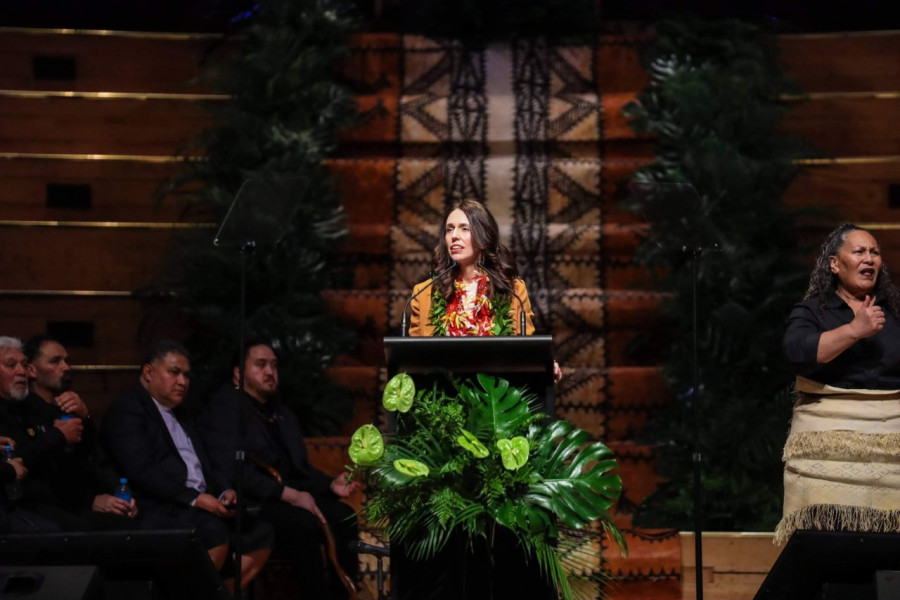New Zealand Government offers formal apology for Dawn Raids
New Zealand Government offers formal apology for Dawn Raids

Prime Minister Rt Hon Jacinda Ardern has formally apologised to Pacific communities impacted by the Dawn Raids in the 1970s at a ceremony staged at Auckland Town Hall.
Between 1974 and 1976, a series of rigorous immigration policies were carried out that resulted in targeted raids on the homes of Pacific families.
The raids to find, convict, and deport overstayers often took place very early in the morning or late at night.
These raids were often severe with harsh verbal and physical treatment, which gave rise to the term the Dawn Raids.
Prime Minister Ardern says she offers, on behalf of the Government, a formal and unreserved apology to Pacific communities for the discriminatory implementation of immigration laws that led to the Dawn Raids.
The Dawn Raids period cast a shadow over our shared history,” she says.
“Upholding immigration laws is one thing, but the Dawn Raids went well beyond that.
“Whole communities felt targeted and terrorised - the raids were absolutely discriminatory.”
Expressing our sorrow, regret and remorse for past actions is the right thing to do and provides an opportunity for closure and reconciliation, the Prime Minister adds.
Minister for Pacific Peoples Hon Aupito William Sio says looking back it is clear immigration laws were discriminatory.
“Pacific peoples, Māori and other ethnic communities were specifically targeted and racially profiled, which was wrong and should have never happened,” Minister Sio says.
In 1986, the Race Relations Conciliator found that between 1985 and 1986, while Pacific peoples comprised roughly one third overstayers, they represented 86 per cent of all prosecutions for overstaying, Minister Sio adds.
“Racially targeting Pacific communities created a decades long false impression of the status of Pacific New Zealanders.
“During the same period overstayers from the United States and Great Britain who also comprised roughly a third of overstayers made up only five per cent of prosecutions.”
The Government has as part of the formal apology, committed to honour Pacific ways of seeking reconciliation.
It will be providing:
- $2.1 million in academic and vocational scholarships to be available to Pacific communities.
- $1 million in Manaaki New Zealand Short Term Scholarship Training Courses for delegates from Samoa, Tonga, Tuvalu, and Fiji.
- It will also be providing resources that are available to schools and kura who choose to teach the history of the Dawn Raids, which would include histories of those directly affected.
- The Ministry for Culture and Heritage and Ministry for Pacific Peoples will provide support to enable Pacific artists and/or historians to work with communities to develop a comprehensive historical record of account of the Dawn Raids period as an additional goodwill gesture of reconciliation.
